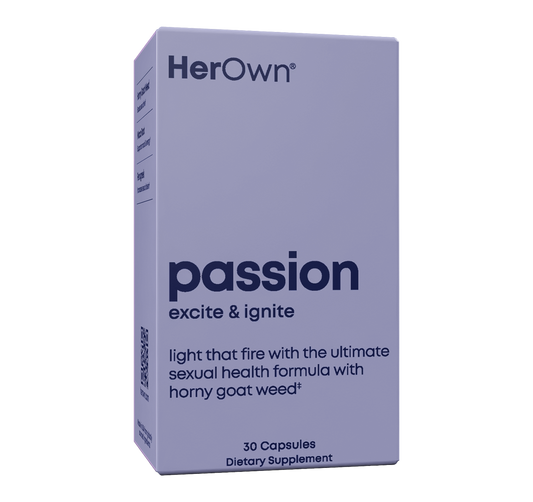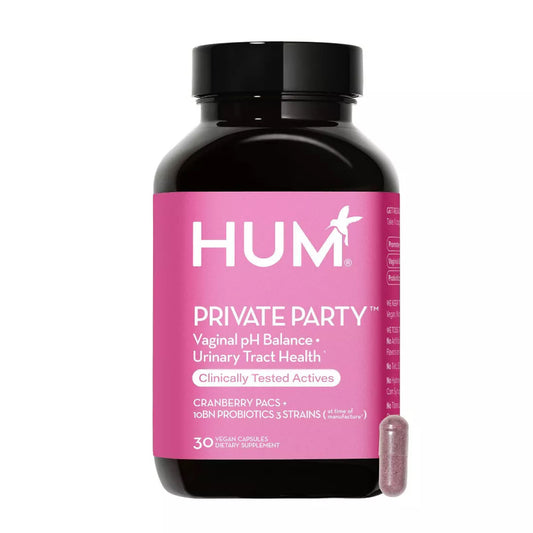-
Vendor:Her Own
Passion Supplement Ignite & Excite (formerly Desire), 30 Capsules
Regular price $17.99Regular priceUnit price per -
Vendor:HUM Nutrition
Private Party Vaginal Health Supplement, 30 Capsules
Regular price $26Regular priceUnit price per -
Vendor:Winged Wellness
Love Bites Desire & Libido Gummies, Wild Blueberry, 50 Gummies
Regular price $22Regular priceUnit price per -
Vendor:HUM Nutrition
Fan Club Menopause Supplement, 30 Capsules
Regular price $40Regular priceUnit price per

Q&A with Dr. Liss
What’s the connection between menopause and sexual desire?
Learn
Menopause doesn’t mean the end of intimacy.
It’s a new chapter. We’re here to talk about vaginal dryness, low libido, and emotional connection — with solutions that support your whole self.

Q&A with Dr. Liss, OB-GYN
How can I increase sexual drive after menopause?
How can I maintain a healthy sex life during menopause?
Does menopause affect female sexuality?
Will I experience sexual pain after menopause?
How can I relieve vaginal dryness without prescription drugs?
What are some top picks for vaginal dryness products?
How often should I use a water-based lubricant during menopause?
Can regular physical activity improve my libido during menopause?
How can I manage painful sex due to vaginal dryness?
What are some tips for maintaining intimacy with my partner during menopause?
What are some common causes of low libido during menopause?
What are some treatment options for low libido in females during menopause?



















